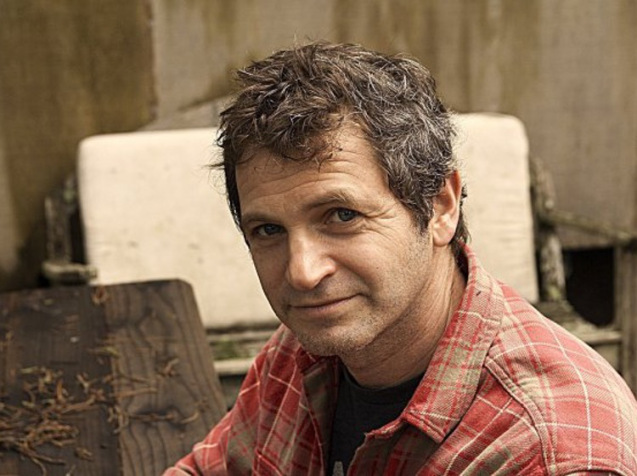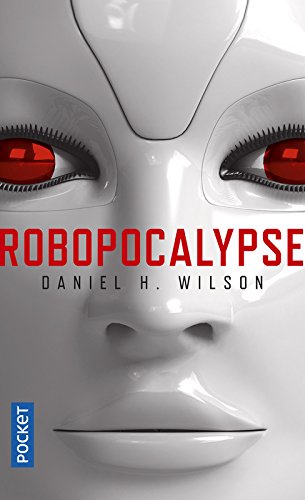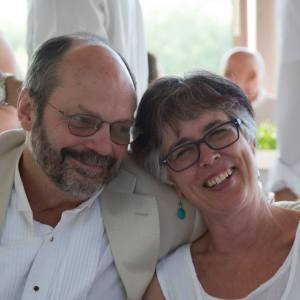

Peter Orner is the author of several books, including the novels The Second Coming of Mavala Shikongo (Little, Brown) and Love and Shame and Love (Little, Brown), and the short story collections Esther Stories (Back Bay) and Last Car Over the Sagamore Bridge (Back Bay). He has received a Guggenheim Fellowship, a Lannan Foundation Literary Fellowship, and a Fulbright to Namibia. Orner’s fiction and non-fiction have appeared in The New York Times, Granta, The Paris Review, Memorious 20, and many, many other publications.
His most recent book, Am I Alone Here? (Catapult), is a collection of non-fiction essays. Each essay focuses on a favorite book of Orner’s and features an illustration of the book’s cover drawn by his brother, Eric. Am I Alone Here? is a finalist for the National Book Critics Circle Award for criticism. After all, it’s a book about books and about reading, but it’s also a stunning memoir that uses these books as access points to ruminate on being a son, a husband, and a father. Orner graciously agreed to answer our questions, and talk a bit about his wonderfully unclassifiable new collection.
First, congratulations on the National Book Critics Circle award nomination for best book of criticism! Am I Alone Here? is so delightfully hard to classify, though. Do you consider this work criticism?
I’m not sure. I’ve never been that hung up on labels. I only ever think: is this thing I’m doing fiction or non-fiction? If it is non-fiction, I take care not to make things up. But I’ve always been drawn to books that defy classifiability. Jean Toomer’s Cane is on my desk right now, as it always is. Is it fiction, poetry? Philosophy? A weird short novel? All these things? Or take a book like Calvino’s Invisible Cities. What is it? A collection of strange un-stories? A meditation? A fantastical manual of architectural and city planning possibilities? What is it? I don’t care, I just want to read it. So, I guess I like the idea of a piece of work being what it happens to turn out to be, which of course will be different depending on the reader. Maybe all books should have some element of un-classifiability?
I realized halfway through this book that unlike other writers writing about fiction—think Robert Boswell, Charles Baxter, Frank O’Connor—the personal isn’t working in service of the literary, but rather the other way around. Or so it seems to me. Do you feel like you were using fiction to make sense of your life, or using your life to make sense of fiction?
I’m not sure if fiction so much helps me make sense of my life as it does muddle my sense of my life even more. As it should be. I get very suspicious of anybody—or any book—that claims any real answers to this chaos we wake up to every morning.
You write that Frank O’Connor’s The Lonely Voice is one of the few books about short stories you’ve “ever been able to stomach much.” When writing this book—or even your Rumpus posts—were there certain approaches you tried to imitate? Others you tried to avoid?
I appreciate O’Connor’s old book because his approach is that of a guy who every day tries to write a good story. The view of a practitioner in the trenches. He respects the mystery. He’s also cantankerous and irritable and reverent and irreverent. All these things—he’s definitely a hero to me. Bolaño, I find his essays just wonderful. I like them better than some of his fiction. When he writes essays he never needs an editor. There were a lot of approaches I tried to avoid. In particular, I’m not a big fan of writing about writing that comes from on high. You know what I mean? A kind of know-it-all approach to writing about the work of other people. If there’s a whiff of pretension—and too often there’s a lot more than a whiff—I usually start running away.
I find the way you situate yourself in the telling of these stories fascinating, particularly the use of time markers like “yesterday,” “last week,” “as I sit here,” etc.; so often the essays are presented as if they’re being written in real time. Why was it important as you edited this book to retain that sense of present telling?
Though I re-write and I re-write—sometimes in my head if not on paper—I always do try and keep in mind where I was, what I was doing, when I first began to think about something. And I often do write on the move. In the car, on a bike, walking. Motion joggles my brain. And I always try as you say to retain that moment in a re-write. It’s a way, I guess, of trying to stay a little true to the original impulse of a piece.
In “Upper Moose Lake, 1990” you write “There are certain rare books…Finishing is agony because you know you will never again read this book for the first time.” I devoured Am I Alone Here? from the introduction to the acknowledgments, and like your twenty-two-year-old self who agonizes over finishing Virginia Woolf’s To the Lighthouse, I didn’t want it to end. I wish I had taken the time to read each piece discretely and ruminated on it before moving to the next. How much of this project relies on the cumulative effect of the book? Or have you designed this collection so that it can be accessed from any point?
Like a lot of writers, I sweat the order of the pieces so much—and then people of course (I do it too) go and read it out of order. There should be criminal penalties for this! I’ll be the first to turn myself in. But cumulative effect is what I’m always after whether it’s here in an essay collection, or a novel, or a book of stories. The parts should stand alone but the whole should mean something different, more, I hope.
Thank you for taking the time to answer these questions! As you might know, our audience is made up of some voracious readers, so we’re often recommending books. Will you share with us a book you recently agonized over finishing?
Ah, thank you very much, Sara, for being such a generous, open reader. I agonized over finishing John Edgar Wideman’s Writing to Save a Life: The Louis Till File, a remarkable book that can’t be categorized. Another one of these books that cracks open any notion of genre because it is too busy being whatever it is, which is an indictment, a heart-crushing story, a beautiful unearthing of buried truths, and a lot of other things.
Interviewer Sara A. Lewis is Interim Editor of Memorious and Managing Editor of the Memorious blog. She has been an Assistant Editor for the Mississippi Review, and she earned her doctorate from The University of Southern Mississippi’s Center for Writers.
Editor’s Note: Peter Orner and Sara A. Lewis are aware that “classifiability” is not a word. We went with it anyway.
For original poetry, fiction, art song and art, please visit our magazine at www.memorious.org.
Advertisements Share this:




